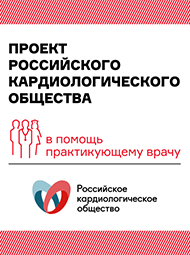Bridging anticoagulation unnecessary in patients with AF who stop warfarin before procedure
Forgoing bridging anticoagulation offered similar results as bridging with heparin to prevent thromboembolism perioperatively in patients with atrial fibrillation who temporarily halted warfarin treatment before undergoing a procedure, according to findings published in The New England Journal of Medicine.
“We found that for patients with [AF] who require temporary interruption ofwarfarin treatment for an elective operation or other elective invasive procedure, a strategy of forgoing bridging anticoagulation was noninferior to perioperative bridging with low–molecular-weight heparin for the prevention of arterial thromboembolism,” the researchers wrote. “The strategy of forgoing bridging treatment also decreased the risk of major bleeding.”
James D. Douketis, MD, of St. Joseph’s Healthcare and the department of medicine, McMaster University, both in Hamilton, Ontario, Canada, and colleagues randomly assigned 1,884 patients who interrupted warfarin to bridging with heparin (100 IU dalteparin [Fragmin, Pfizer] per kilogram of body weight; n = 934) or placebo (n = 950) given subcutaneously twice daily.
Patients received treatment or placebo from 3 days up until 24 hours before the procedure and between 5 and 10 days after the procedure. Warfarin therapy was halted 5 days before the procedure and restarted 24 hours after.
The researchers followed patients for 30 days after the procedure, with arterial thromboembolism (stroke, systemic embolism or transient ischemic attack) and major bleeding serving as primary outcomes.
The rate of arterial thromboembolism was 0.4% among patients without bridging and 0.3% among those with bridging (risk difference, 0.1 percentage points; 95% CI, –0.6 to 0.8). The rate of major bleeding was 1.3% and 3.2%, respectively (RR = 0.41; 95% CI, 0.2-0.78); less minor bleeding occurred without bridging than with bridging. Further, no significant between-group differences were observed in terms of MI, venous thromboembolism or death.
“Taken together, these findings show that there is a net clinical benefit in favor of a strategy of forgoing bridging, as compared with perioperative bridging with low–molecular-weight heparin,” the researchers wrote. – by Allegra Tiver
Disclosure: The researchers report no relevant financial disclosures.
Source: www.healio.com






